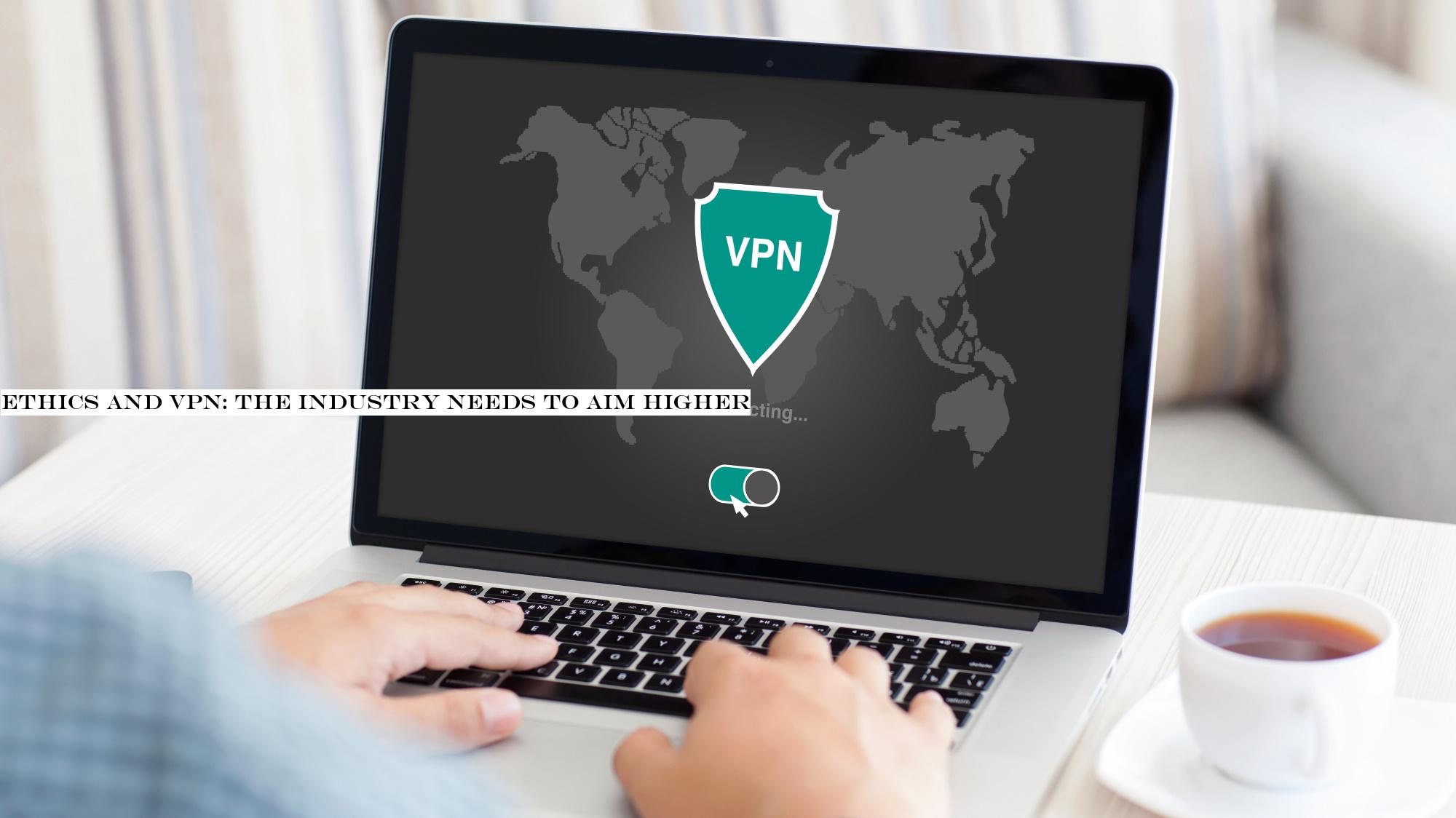INSUBCONTINENT EXCLUSIVE:
Virtual Private Networks (VPNs) are both legal to use and safe to use - perhaps the two most commonly expressed concerns by consumers
legal, any illegal activity carried out online whilst using a VPN will remain illegal
A VPN can help to keep people and their privacy protected online from an internet provider, but using one to say, stream pirated copyrighted
information, still remains an illegal activity.About the authorSebastian Schaub is the founder of hide.me VPN.And let us be clear, the
For example, there are many businesses (and business customers) who will often have the need to connect to a VPN from a security point of
because the few use them for illegal purposes should mean that a gun shop is held liable if a customer then uses a purchased gun for
access gets banned due to the actions of (relatively) few users who decide to misuse the internet.A code of conduct for VPN providersI feel
that the barrier to entry for the VPN industry is so low that it makes it really easy for those so inclined, to launch a new VPN - currently
these people are in it only for money - their actions might therefore compromise the ethics and foundations that the VPN industry was built
If we are unable to do this, my fear is that users will find it very difficult to trust even those VPN providers who hold themselves to very
ethical standards - and this is not a good ending in my opinion.Joining an initiativeA very practical way in which the VPN Industry as a
whole can take massive strides towards a unification of moral and ethical interests, is to become part of an initiative such as the Internet
Infrastructure Coalition (i2Coalition) and the VPN Trust Initiative (VTI) (a consortium of VPN providers tasked with improving digital
Ultimately it seeks to address VPN concerns, and proactively solve associated challenges by: defining VPN best practices, reinforcing
industry standards, providing accurate information to government officials and policy makers, promoting appropriate industry-led regulations
and informing the wider technology industry.Such initiatives could well hold the answers for some countries where a good amount of VPN use
In Iran, for example, VPN use is considered illegal - it deliberately blocks VPN use as part of its wider internet censorship methods
The UAE and China are other places where a general crackdown on VPNs is commonplace
The i2Coalition supports those who build the nuts and bolts of the Internet, and they believe that the continued growth of the Internet is
whether they are good or bad for the Internet economy and its foundational industries, they seek to foster growth within the Internet
infrastructure industry which could ultimately convince government officials in repressive regimes that internet freedom is a good thing
(when properly managed / policed).Also check out our complete list of the best VPN providers

